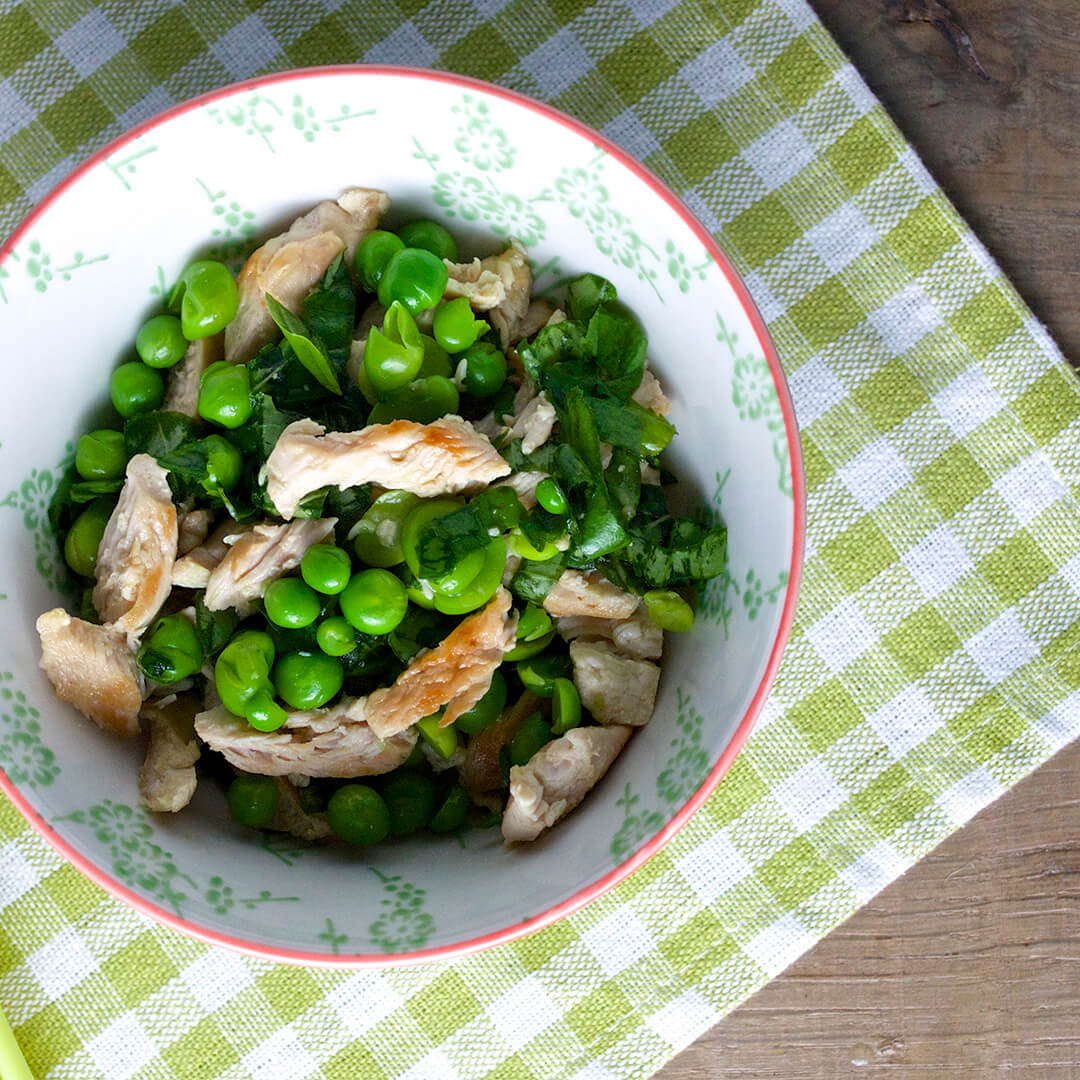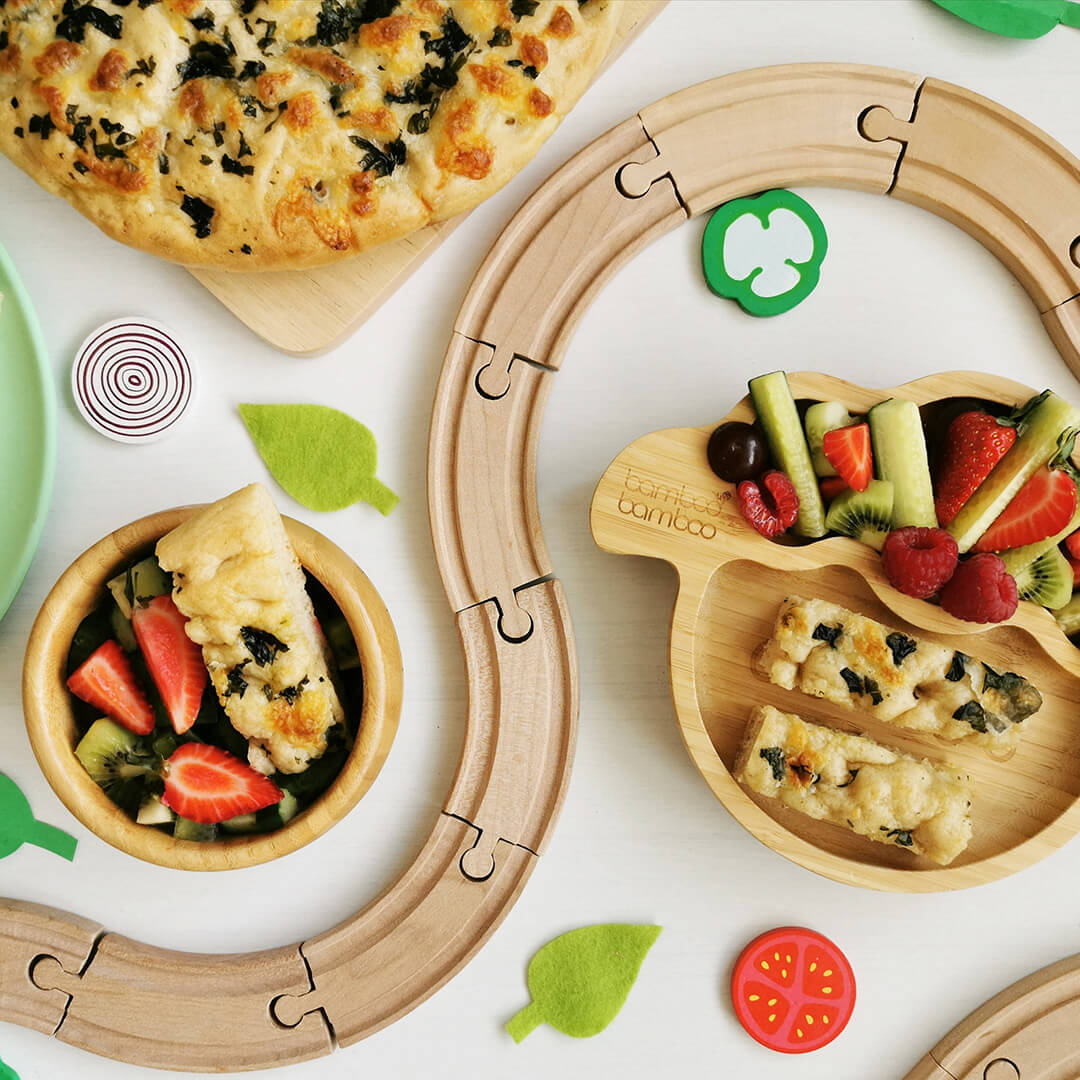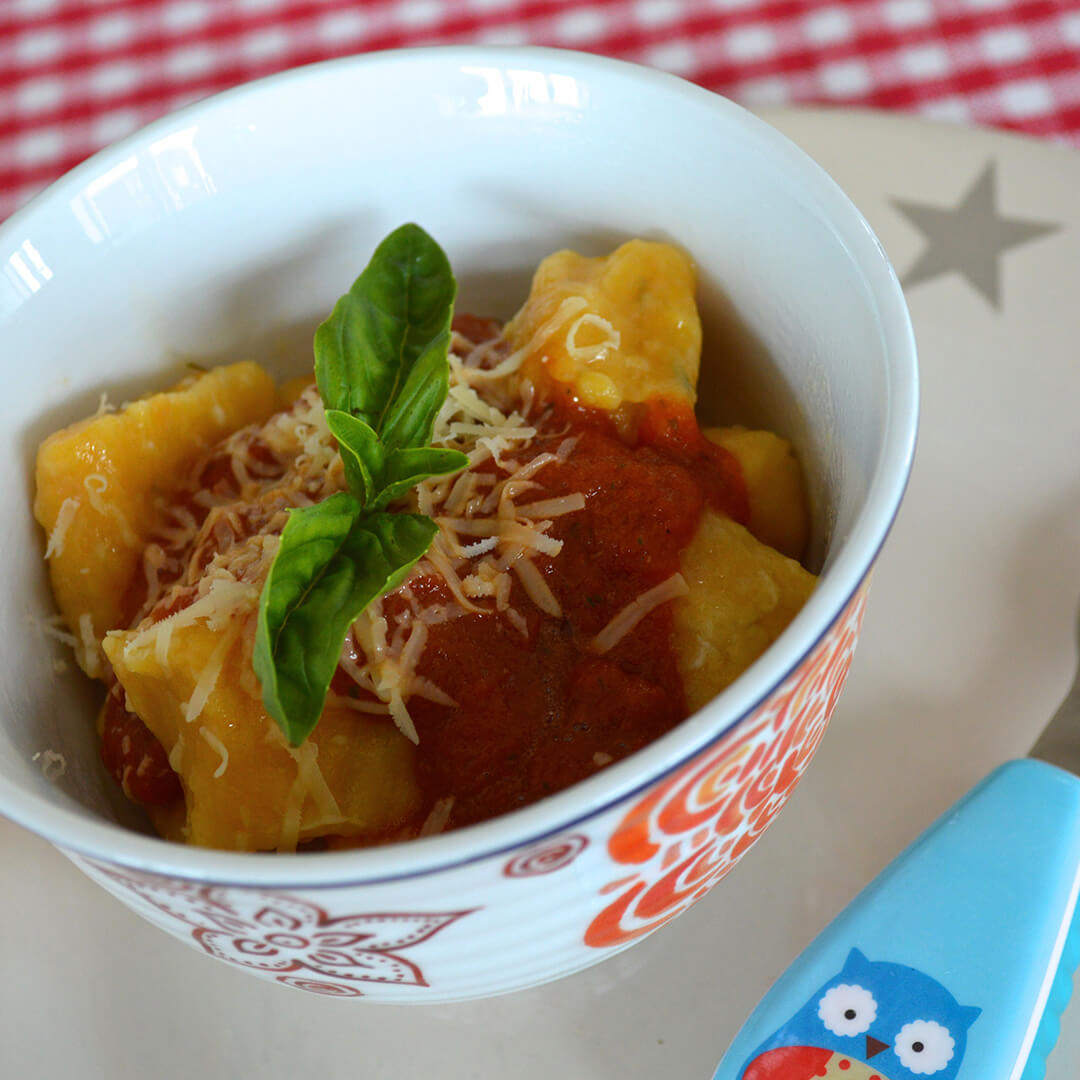Remember...
Always introduce new herbs one at a time, in small quantities, and watch for any signs of allergies or sensitivities.
Be cautious of dried herb blends or mixes that may contain added salt. It’s best to stick with plain dried herbs without any additional seasonings at this stage.
Ensure the herbs you use are of high quality and free from contaminants by choosing reputable brands known for their quality standards.




